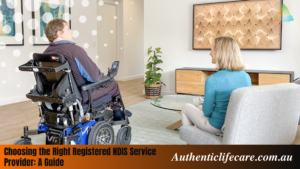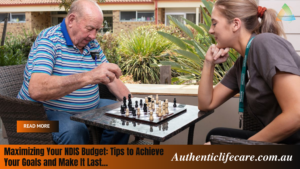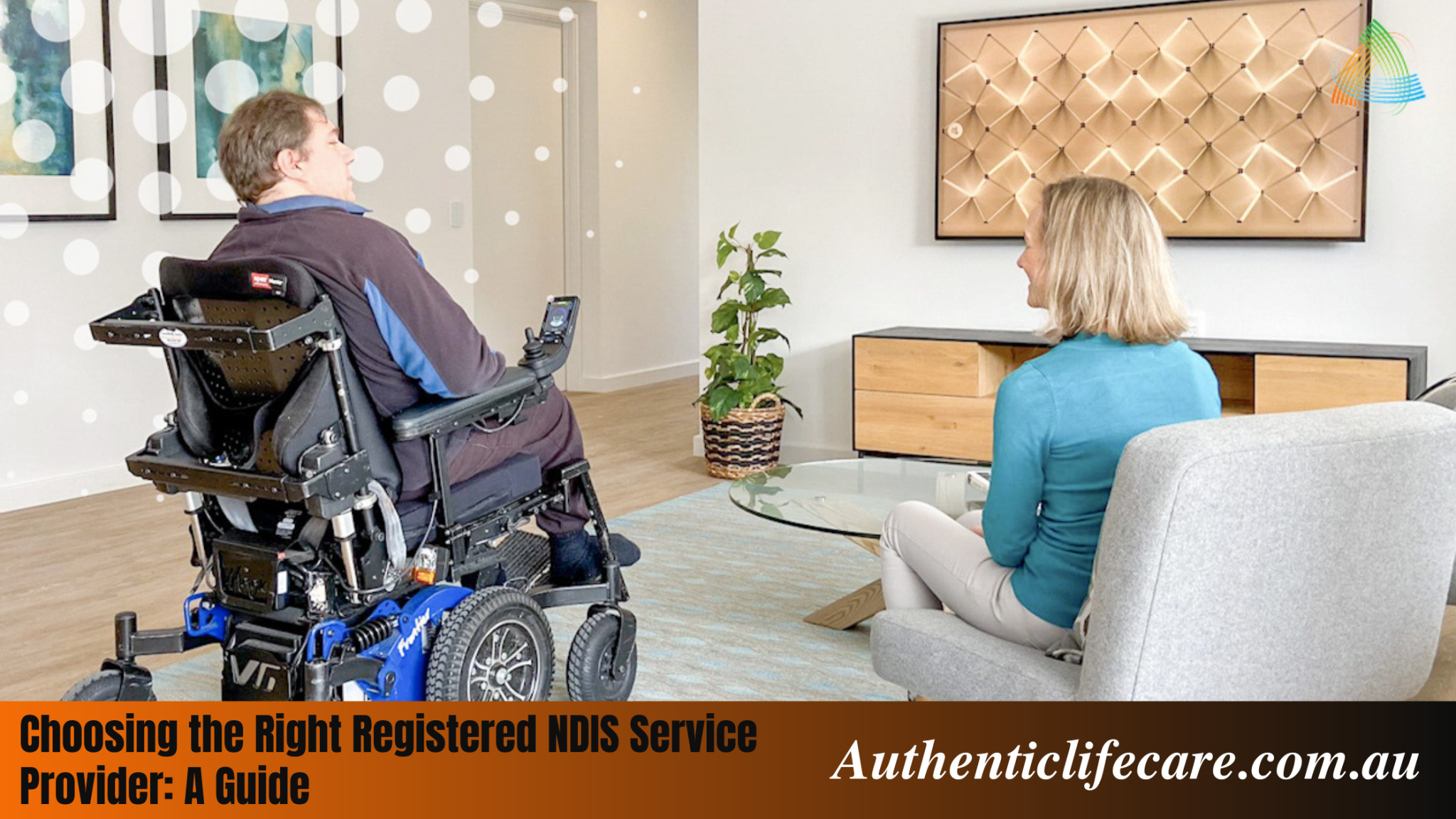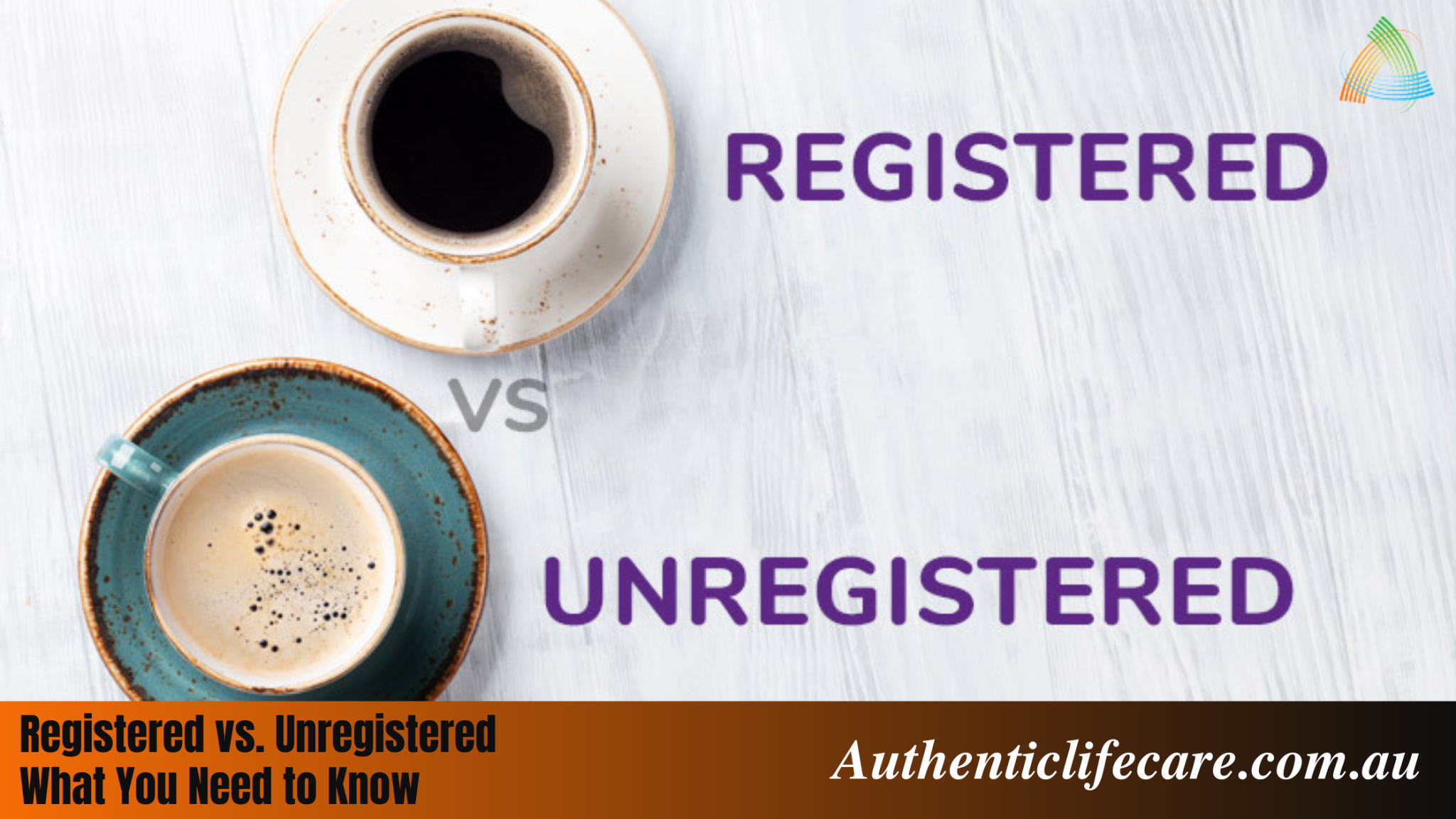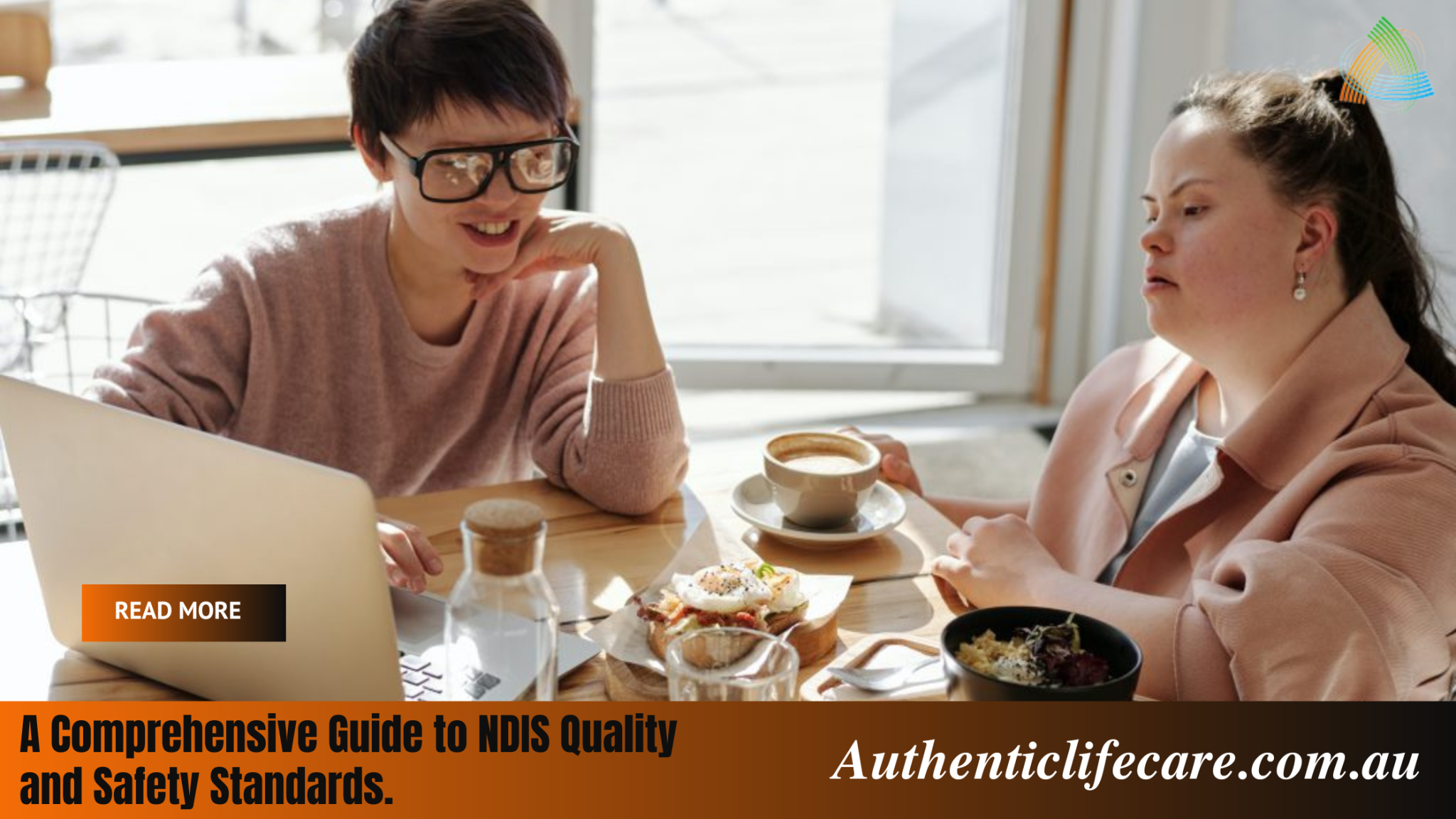My Goals is one of the most crucial sections of any NDIS strategy. They are the basis on which your supports are built, and they are the reason that everyone’s NDIS experience is so different – thus, as you might expect, it’s critical to understand how they function so you can get supports that are tailored to you and your circumstances.
What are the objectives of the NDIS?
Your NDIS objectives are the things you desire to accomplish with the help of the NDIS.
These objectives are essential for your NDIS plan and depend on what you tell your Local Area Coordinator during your arranging meeting or plan audit.
It must somehow help you to achieve one of your NDIS objectives, to use your NDIS funding to access support.
The goals of NDIS can be physical (“I want to be able to walk without help”), social, or independent (“I want to build up my trust and go alone”).
You can also achieve what you want in the next 12 months, or medium to long periods (what you want to do over the next two or three years or sometimes longer). You can also achieve this short-term.
You’re moving between major phases of your life like moving out of your home, getting a job, graduating from school etc., with time your targets change.
How good is the NDIS objective?
Despite your particular NDIS goals depend on your scenario, there are some key characteristics that contribute towards a successful NDIS goal…
- Focused on results: A good NDIS goal is one that focuses instead of on how to achieve the outcome. Think of what you want to do in your life, supported by the NDIS instead of thinking about the support you need.”Confident communication,” for example, is a more concentrated objective than “speech therapy.”
- Flexibility: While many people believe that your goals should be clear, we have found that the more generic a goal is, the more flexible you may be with how you use your funds. You can allocate numerous supports to a goal by keeping it broad and focused on a theme rather than a specific thing. “To learn how to express me via creativity,” for example, has more leeway than “to learn pottery.”
- Improvements needed: Consider what aspect of your life you’d like to improve and how it connects to your handicap, such as “I’d like to improve my health and fitness,” “I’d like to get out and socialise more,” or “I’d like to be able to use both hands.”
- Capacity building: Goals that attempt to improve your ability so you’re less dependant on others are also good. They will enable you to take part in more communal, social, and recreational activities, which is one of the NDIS’ main goals. “I’d like to have more independence,” for example.
- Personal: Above all, the finest NDIS goals are ones that allow you to reach your objectives!”I want to train my pet into a dog of help,” ‘I want to visit my brother from time to time who is living in interstate’ and ‘I want to interact to my heritage are some excellent personal goals our staff has heard over the years.
How can I come up with NDIS objectives?
Consider your life as a starting point for developing your NDIS goals. Consider what you like to do, how you’d like to improve, and what you want to accomplish in the short and long term. Although the goals are very personal, having a friend or family member with you can help while you are brainstorming.
Make a list of everything, then identify which goals may be grouped together into themes. Reduce your list of goals to two for the next year and three for the future.


